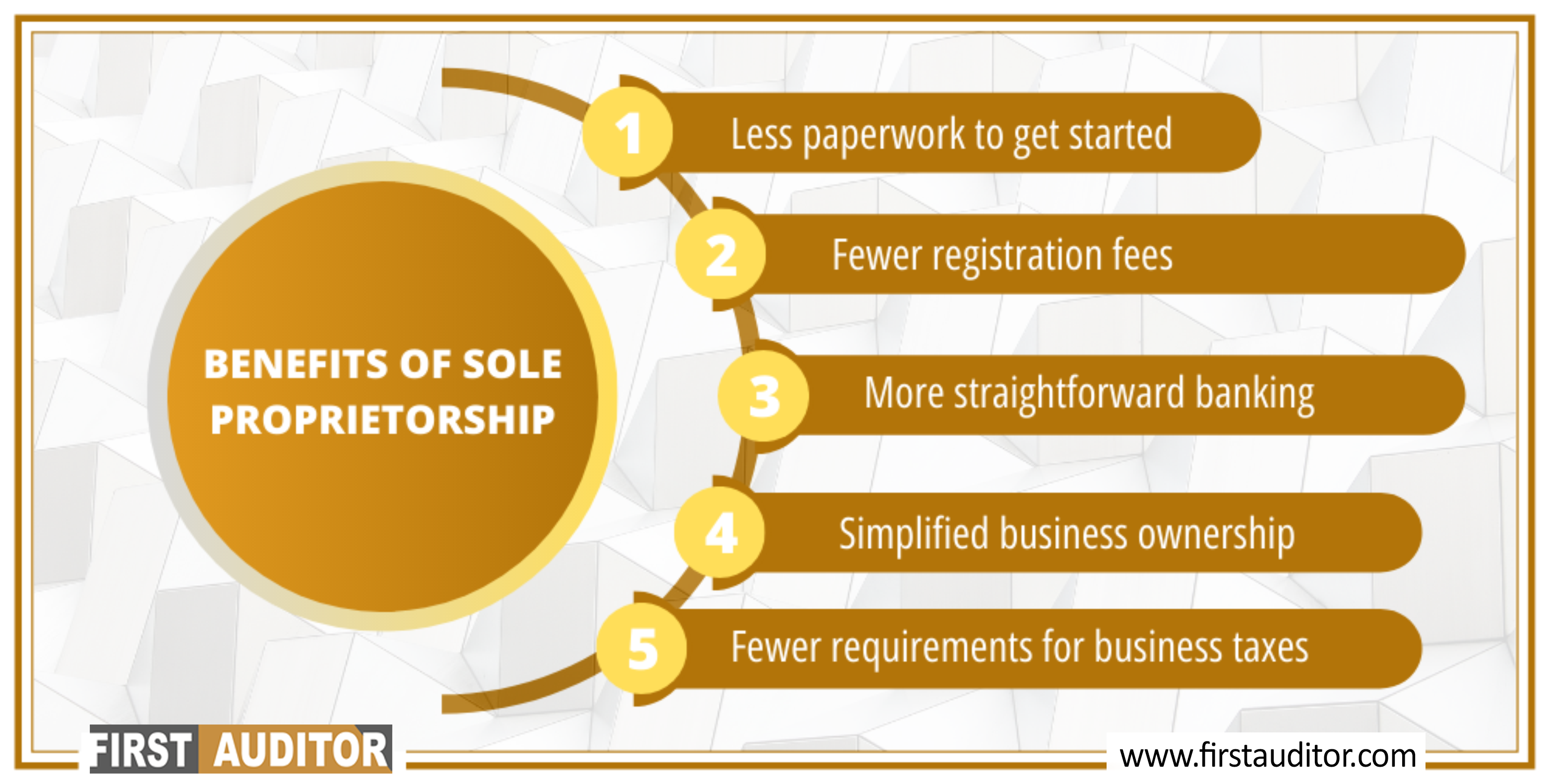It is an organisation created in a single person's name, as the name would imply. That person is the company's owner, manager, and in charge of all operations. Anyone who wants to start a business can easily form one without having to go through any complicated legal procedures. The sole proprietor must be an Indian national and resident.
The lone proprietor of the organisation makes all operational choices. The proprietorship is governed and managed by the owner, who also makes and puts into effect modifications. Even though the sole entrepreneur may employ a number of people, it's typical for them to be the only ones.
The sole proprietor, as the only owner of the company, assumes full liability for both the business's debts and its revenue. If the business falters or fails, the owner is personally liable for all obligations, expenses, and payables, and creditors may garnish the lone proprietor's wages.
Since the sole proprietorship assumes all of the risk, it is frequently subject to less onerous rules than partnerships and corporations. Even though the firm may need to register its name and operations, the single proprietorship is not necessary to register the company with the state.
One of a single proprietorship's key advantages is its simplicity of setup. Before beginning operations, independent business entities like corporations and LLCs must submit business formation documents to a state government. It can take weeks and thousands of rupees to prepare the paperwork, file it, and get government permission.
Because there are no legal requirements for its dissolution and it can be done at any moment, it can be done quite easily.
A sole proprietorship can only have one owner, under legal definition. This trait denotes that the owner is ultimately responsible for all actions. A board of directors or a business partner are not responsible to the solo proprietor. To regulate operations and administration, no partnership agreement or bylaws are required.
Due to complete control and limited resources, a sole proprietorship makes it very easy to alter the character of the business in accordance with changes in market trends. For instance, a person operating a fast food restaurant might also operate a clothing store at night.
A sole proprietorship is exempt from all legal requirements. Any business may be operated by a lone proprietor as long as no licence is mandated by the law. For example, if someone wants to open a grocery store or clothing store, he will do it. However, if he wants to open a restaurant, he must first seek a licence.
It is a crucial aspect of sole proprietorship as well. The business owner alone makes all of the choices. He is in a position to keep his affairs private and uphold complete secrecy in any situation.

No, it is not necessary to register a sole proprietorship firm in India. It is entirely optional and up to the sole proprietor's discretion. Banks, however, demand that the company be registered if the owner or sole proprietor plans to open a bank account in the company's name.
Yes, it is necessary for the proprietor of a small business to register for GST in situations where the annual turnover exceeds the thresholds of Rs. 40 lakhs and Rs. 20 lakhs, the Reverse Charge Mechanism, agents and distributors of input services, e-commerce aggregators, and the provision of information, database, and retrieval services to a person residing outside of India.
The phrase "Sole Proprietorship Registration" refers to the process of registering an unregistered company whose owner, manager, and controller is that company's sole proprietor.
Yes, a solo entrepreneur has the power to hire workers. The maximum number of employees that a sole proprietor may employ is also uncapped.
As the sole proprietor of a company, a sole proprietor has exclusive control over all business operations and is eligible to earn all profits and gains. He is also responsible for paying for any damages the company suffers.